First Term PHE Lesson Note for Primary 6
ACCESS ALL LESSON NOTES
ACCESS ALL QUESTIONS AND ANSWERS
ACCESS ALL WORKSHEETS
ACCESS ALL JOBS ACCESS
ACCESS WAEC QUESTIONS AND ANSWERS
PHYSICAL AND HEALTH EDUCATION
FIRST TERM
WEEKS TOPICS
1. Creative rhythmic activities: meaning and types of rhythmic activities.
2. Athletics – tracks events: long distance
3. Relay race: Description of 4 × 100m and 4 × 400m Relay.
4. Hurdle
5. Field event: (high jump
6. Long jump
7. Techniques/basic skills in long jump:
8. Games and sports: football
9. Football: rules and regulation, officials and their duties.
10. Table tennis:
11. Volley ball.
12. Basket ball
13. Revision and Examination
WEEK 1
TOPIC: Meaning of creative rhythms
BEHAVIOURAL OBJECTIVES: AT THE END OF THE LESSON, PUPILS
SHOULD BE ABLE TO:
1 .State the meaning of creative rhythmic activities
2. Identify some farm animals and their sounds.
INSTRUCTIONAL MATERIALS: A chart showing the various animals and their sounds
REFERENCE MATERIALS
Scheme of work
All relevant materials
9-Years Basic Education Curriculum
Online information
BUILDING BACKGROUND/CONNECTION TO PRIOR KNOWLEDGE:
Pupils are familiar with the topic in their previous classes.
CONTENT OF THE LESSON
CREATIVE RHYTHMIC ACTIVITIES
Creative rhythmic activities are such activities as dancing and singing that we
engage in to make us happy. For example, let us sing some songs, using the
sounds made by animals.
First song
The sheep
And one for the little boy who lives down there
One for the master, one for the girls
Yes sir, yes sir, three bags full
Ba baa black sheep, have you any wool?
Second song
Old Macdonald’s farm
Old Macdonald has a farm, E.I.E.I.O
Here quack there quack everywhere quack quack
And a quack quack here and a quack quack there
And in his farm he has a duck, E.I.E.I.O
Old Macdonald has a farm, E.I.E.I.O
Old Macdonald’s farm
Old Macdonald has a farm, E.I.E.I.O
Here oink there oink everywhere oink oink
And an oink oink here and an oink oink there
And in his farm he has a pig, E.I.E.I.O
Old Macdonald has a farm, E.I.E.I.O
Item Animal
Name of animal Sound of animal
a) Cock Kukurooookuuu
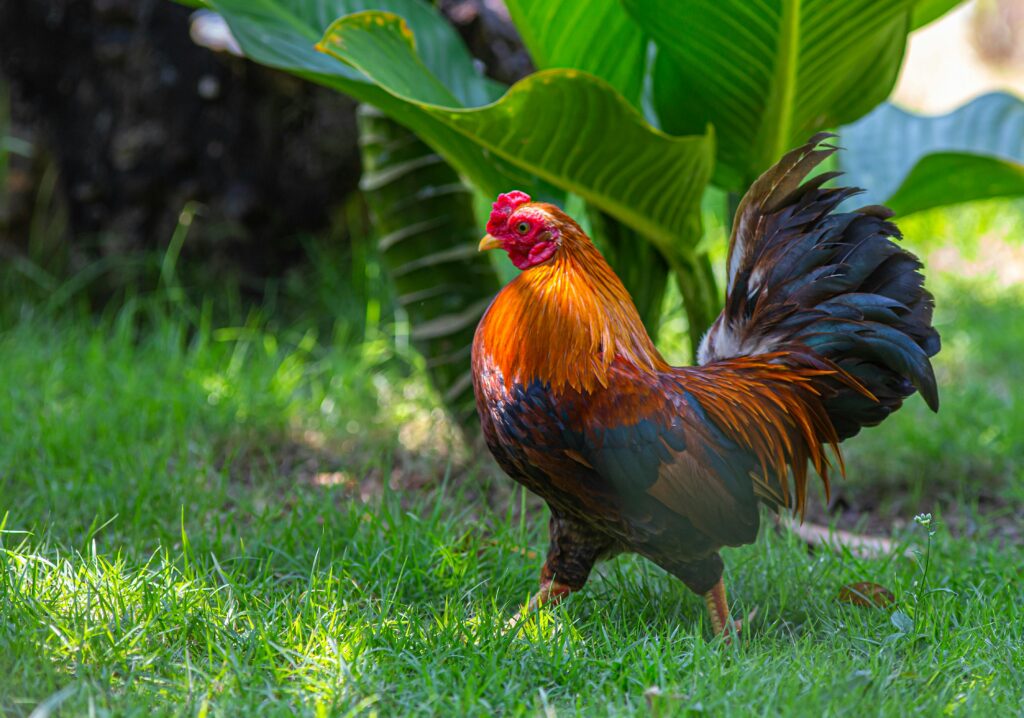
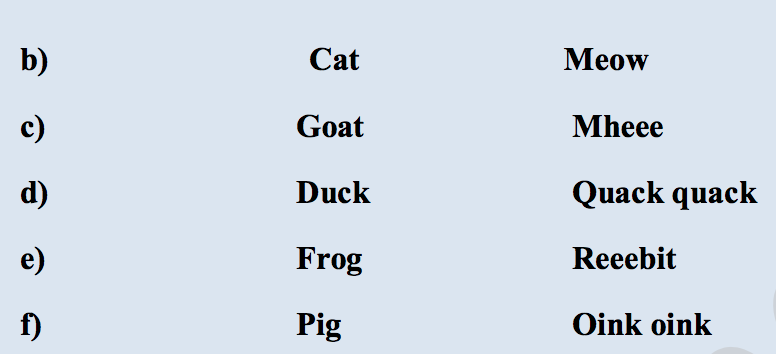

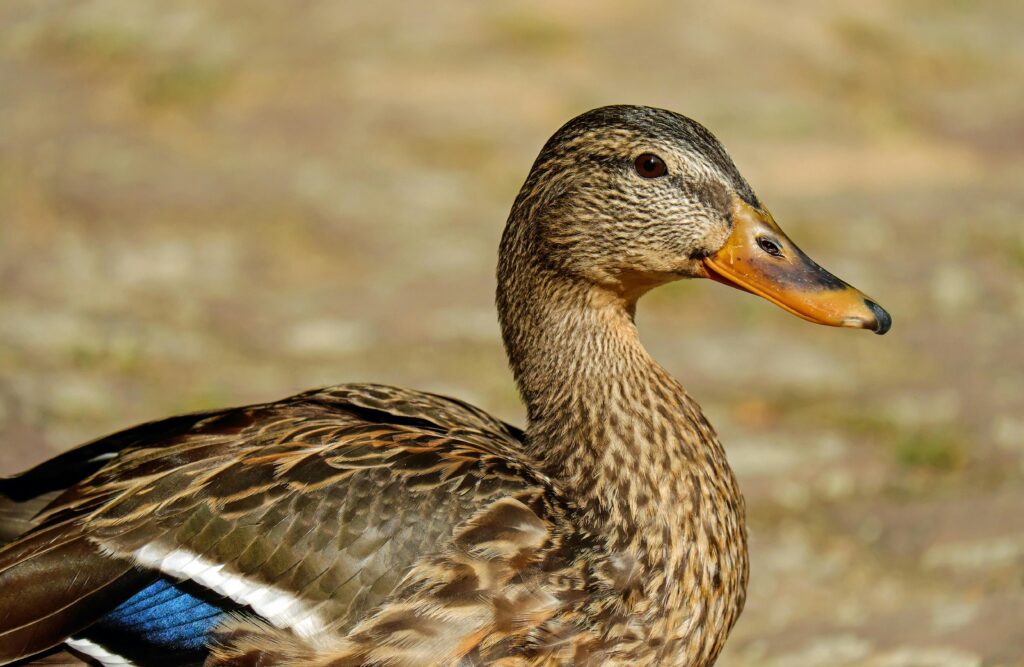
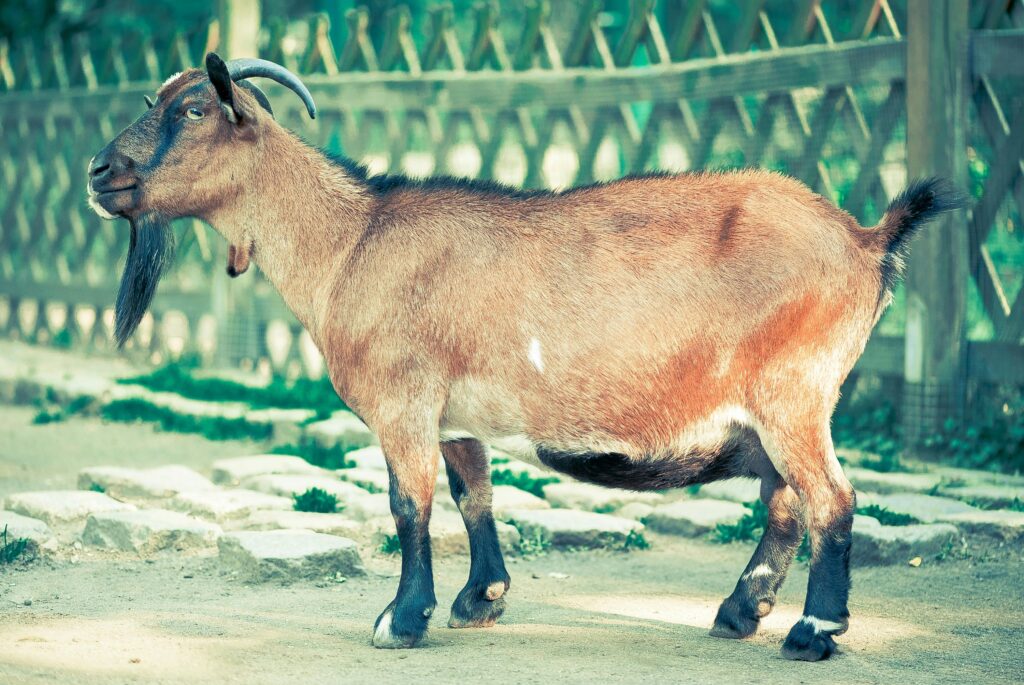
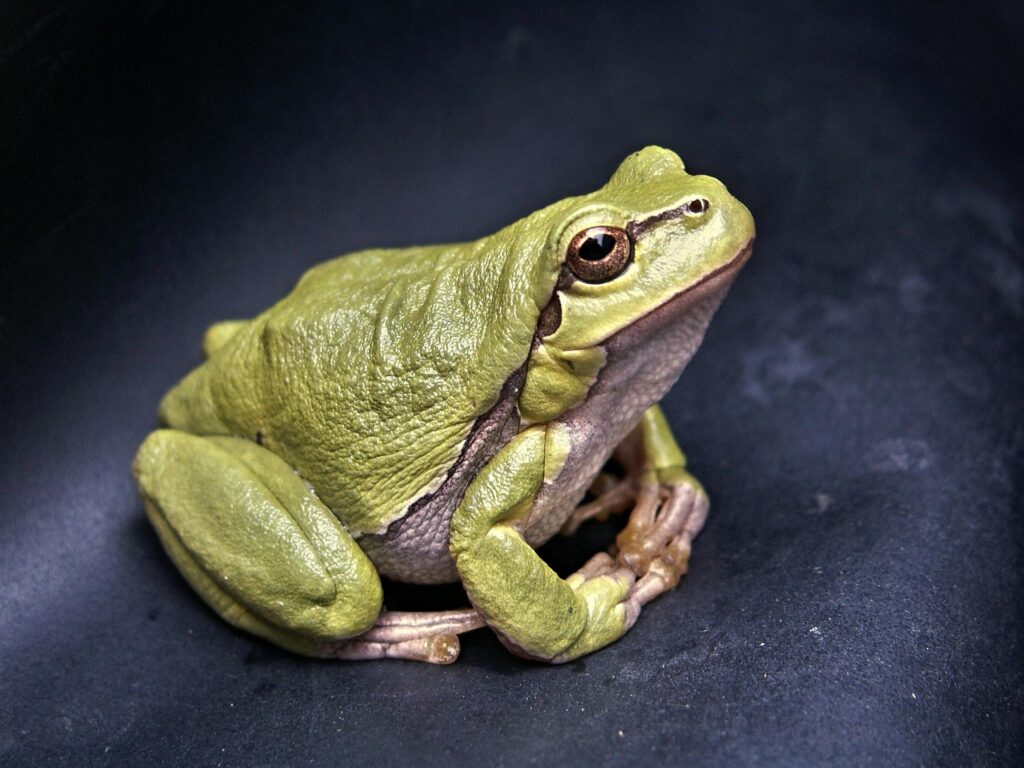
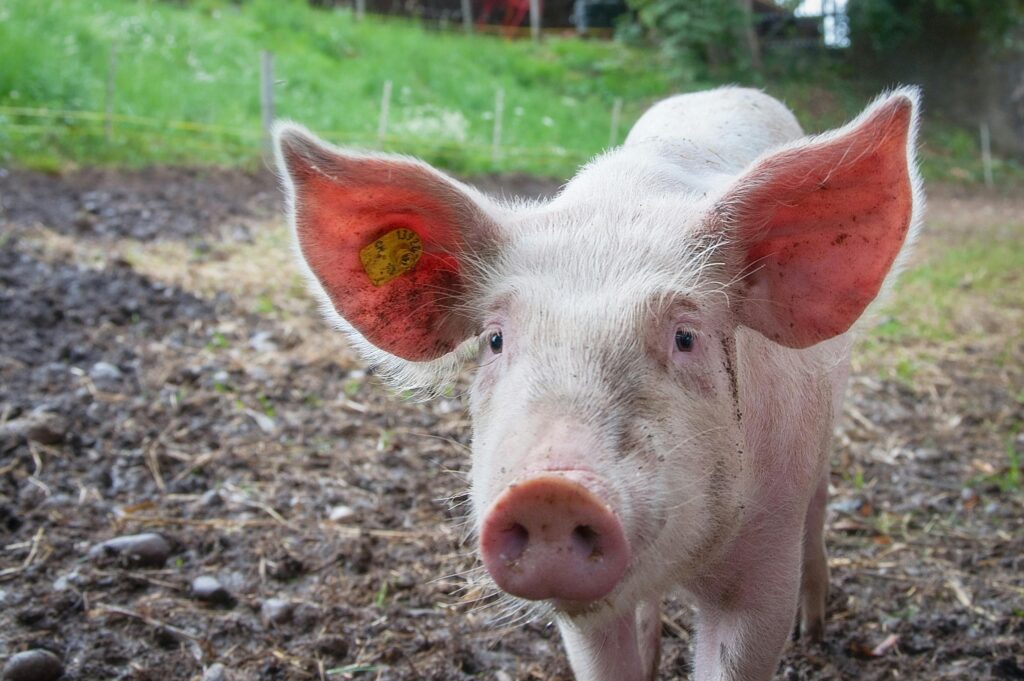
Assessment & Evaluation:
1 .State the meaning of creative rhythmic activities
2. Identify some farm animals and their sounds.
(WRAP-UP CONCLUSION)
Teacher goes over the topic once again to enhance better understanding
Exercise
1 Explain what creative rhythmic activities are.
WEEK 2
TOPIC: Athletics (Track and field events)
BEHAVIOURAL OBJECTIVES: AT THE END OF THE LESSON, PUPILS
SHOULD BE ABLE TO:
1 .State the meaning of long distance race
2. Mention the skills in long distance race
REFERENCE MATERIALS
Scheme of work
All relevant materials
9-Years Basic Education Curriculum
Online information
BUILDING BACKGROUND/CONNECTION TO PRIOR KNOWLEDGE:
Pupils are familiar with the topic in their previous classes.
CONTENT OF THE LESSON
Track events (Long distance races)
No specific lane is allocated to a particular runner. Runners are allowed to change their lanes, but must overtake other runners from the right side of the lane. Examples of long distance races are:
Long distance races are the races that are usually run over a long distance at slow but calculated speed. They are endurance races.
3 Marathon
2 1 500 m
1 800 m
The skills
1 The start
The standing start is usually adopted when starting any of the long distance races. The standing start involves a slight bending forward of the body, with thearm in a ready position for take-off
There are two commands
b) ‘Go’
a) ‘On your marks’
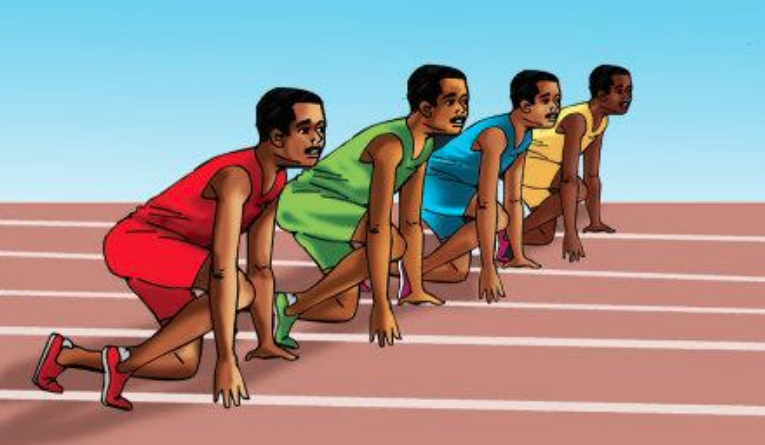
d) The running should not be at full speed at the beginning of the race, so that the runner would not be tired too early in the running. c) Swing the arms alongside the body and not sideways. . e) Arm action should be less vigorous than it is in sprints.
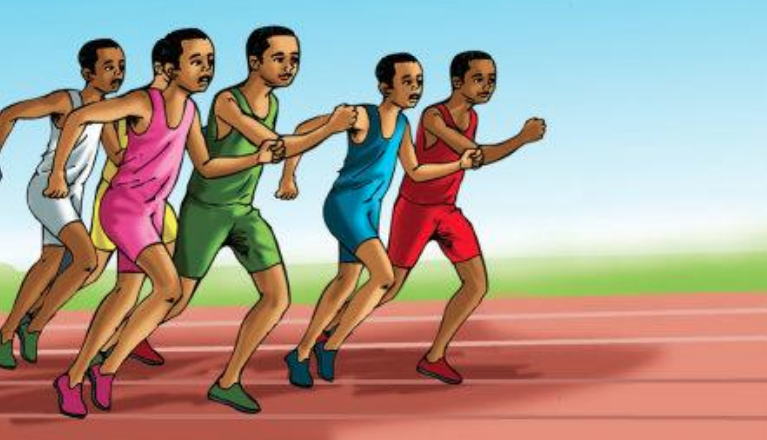
3 The finish
During the finish of the race, runners must observe the following
The runner should breathe through the mouth and nose at the same time in order to take in more oxygen.
c) Avoid stretching the hands at finish.
b) Avoid jumping at finish.
a) Run through without slowing down.
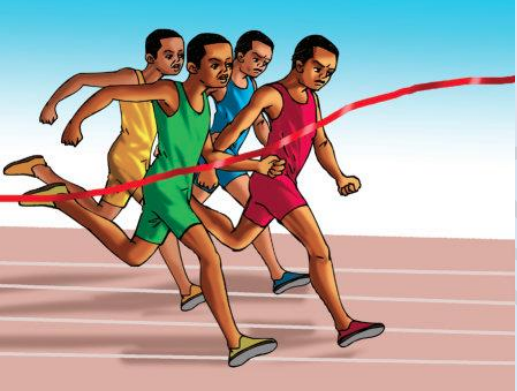
Assessment & Evaluation:
1 .State the meaning of long distance race
2. Mention the skills in long distance race
(WRAP-UP CONCLUSION)
Teacher goes over the topic once again to enhance better understanding
WEEK 3
TOPIC: Track events (Relay races)
BEHAVIOURAL OBJECTIVES: AT THE END OF THE LESSON, PUPILS
SHOULD BE ABLE TO:
1 .State the meaning of relay races
2. Mention the skills in relay races
REFERENCE MATERIALS
Scheme of work
All relevant materials
9-Years Basic Education Curriculum
Online information
BUILDING BACKGROUND/CONNECTION TO PRIOR KNOWLEDGE:
Pupils are familiar with the topic in their previous classes.
CONTENT OF THE LESSON
TRACK EVENT (RELAY RACES) 4 x 400 m race
Relay races are track events which involve a team of four runners using a baton.
The four runners run equal distances of the relay. The distance to be run by
each athlete is called a ‘leg’.
The first leg runner starts the race with a baton, which he hands over to the next
runner, until the last runner finishes the race. The last leg runner is called the
‘anchor man’.
The baton should not be thrown to another runner; rather it must be handed
over. The race starts and ends with the baton in the hand of a runner.
Skills and techniques
The skills are:
3 Non-visual exchange
2 Take-off
1 Baton grip
4 Finish
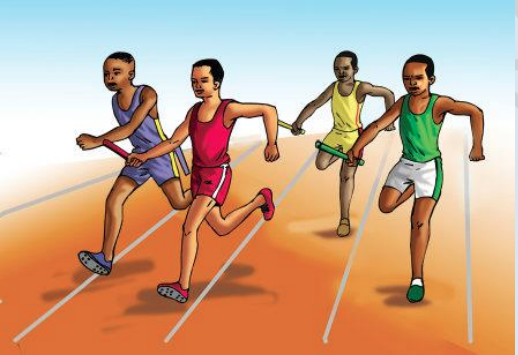
DON’T STRESS, JUST LET PROFESSIONALS DO THE STRESS, CLICK HERE TO BUY THE COMPLETE LESSON NOTE (WEEK 1-12 WITH PICTURES AND REFERENCES FOR JUST 700 NAIRA OR HIT THE IMAGE BELOW
